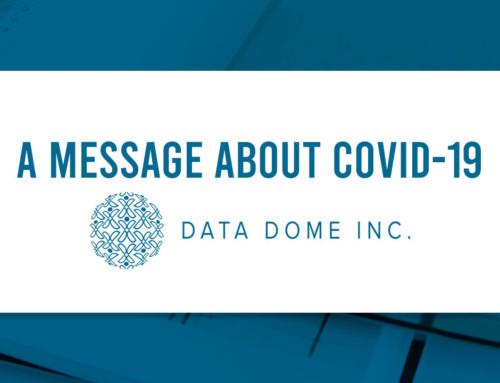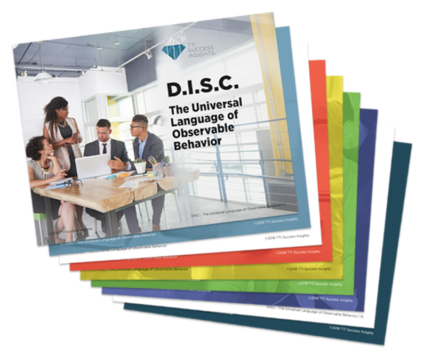Performance reviews are often dreaded by all parties involved. Managers try to navigate the awkward conversations they should have had months earlier. Employees try to hide their frustration and really just want to know what raise they are going to receive. HR feels like they have to “police” a process they know isn’t working as well as it should.
What is the goal of the annual performance review anyway? If it is to acknowledge your employees for a job well done or to let them know where they missed the mark last year, then a traditional once-yearly review is fine. The biggest problem with a yearly review is it tends to be a “lag” indicator, only looking at past behavior and discussing it way too late to be meaningful at all. If the goal is to engage, grow, develop, and support your staff to achieve higher levels of performance, then we have it all wrong.
So how do we move from a performance review that is dreaded to one that managers, employees, and even HR are looking forward to?
First, a change in mindset about reviews is needed because behavior follows thought so recognizing the benefits of moving from a past-based “lag” indicator meeting to a forward-looking “lead” indicator coaching process is necessary. What if the year was started with a conversation about what is needed, for the company and employee, to ensure a great performance review at the end of the year? This conversation would also involve setting agreed-upon goals and expectations together and finally outlining the required actions and timelines. The manager needs to state their commitment to the employees’ success with support and development as needed. When an employee sees the review as a partnership and not a one-way conversation, they have a more engaging and collaborative experience. When they know a manager has their best interest in mind, it encourages them to set stretch goals, be open to constructive feedback, and want to do whatever is needed to meet the goal and not let down the manager or team. The key to success is to meet at least monthly to review the goals, progress, and what is needed in the coming month to accomplish them in the agreed-upon timeline. When it comes to the end-of-year review, there shouldn’t be any surprises because the employee’s performance against goals as well as any necessary adjustments and skill-building have been an ongoing conversation.
Next, managers need to change the skill set and conversations they have. If they focused their actions around a new mantra, “My success lies in your success,” how would this change their conversations and behaviors? If they truly believe that their success as a manager is contingent on helping their staff to be successful, it would be beneficial for them to both understand and ask their employee:
- What would you like me to stop doing (hindrance) and start doing (beneficial)?”
- What do you need from me so you can be more successful and engaged?
- What are your greatest areas of strength and how could they be utilized?
- What do you see as your biggest areas that need development?
- What training would you like to further your knowledge and expertise?
- How would you like to be communicated with, managed, and motivated?
- What position is of interest to you and how you could I help you prepare for it?
- What are you excited about? What do you really enjoy doing?
- What challenges are you currently experiencing and how can I help you with them?
The key is to encourage frequent and meaningful employee-manager conversations. Gallup has found that when managers provide weekly (vs. annual) feedback, team members are:
- 2x more likely to strongly agree that they receive meaningful feedback
- 2x more likely to strongly agree they are motivated to do outstanding work
- 7x more likely to be engaged at work
If your employees were on average three times more motivated and engaged at work, what would that mean for you as a manager? My guess is you would do a lot less fire-fighting, baby-sitting, listening to complaints, and cleaning up messes. You would most likely delegate with trust, see more innovation, and see higher levels of accountability. The biggest benefit would be the extra time you would have that could allow you to focus on the important things you don’t have enough time for now: defining strategies and priorities, making process improvements and efficiencies, coaching and developing your staff, etc.
A few more things for you to consider as you look to redesign your performance review process:
- Most people want to learn more, grow in position and title, and be rewarded financially for our efforts. Can you make the linkage when discussing goals?
- Most people behave by how they are evaluated, rewarded, and incented. Are you measuring and rewarding the “right” behaviors?
- How frequently will you have performance conversations? If you are thinking just 1-4 times per year, revisit the Gallup statistics!
- If you don’t already, think about including both performance and people People’s attitudes and how they impact others is just as important as their job competencies. Can you add your company values and behaviors?
- Consider the benefits (or negatives) of tying compensation to performance reviews: Should it be separate or a part of the review process?
- Does the performance discussion feel like a dialogue and partnership? Does it feel like a “we” did it at the end of the year? Or does it feel like the employee has no say and didn’t feel supported?
- Consider having the employees rate themselves (it is generally very telling!). My experience is that the great employees rate themselves lower (always looking for areas to improve) and average to poor employees rate themselves higher (lack of awareness and willingness to improve).
- What about adding some team and maybe even department or organizational goals to the mix? Would this help to move from independent to interdependent behavior?
So, are you ready to transform the way you approach performance reviews?
Start with the end in mind and make them about setting collaborative goals together. Be sure to have frequent(!) and open two-way dialogue to ensure the goals are kept present, your employee feels supported, and adjustments and progress are being made. Have the year-end performance review be focused on celebrating the successes that come from this approach where employees are inspired to improve and everyone is reaping the results.







